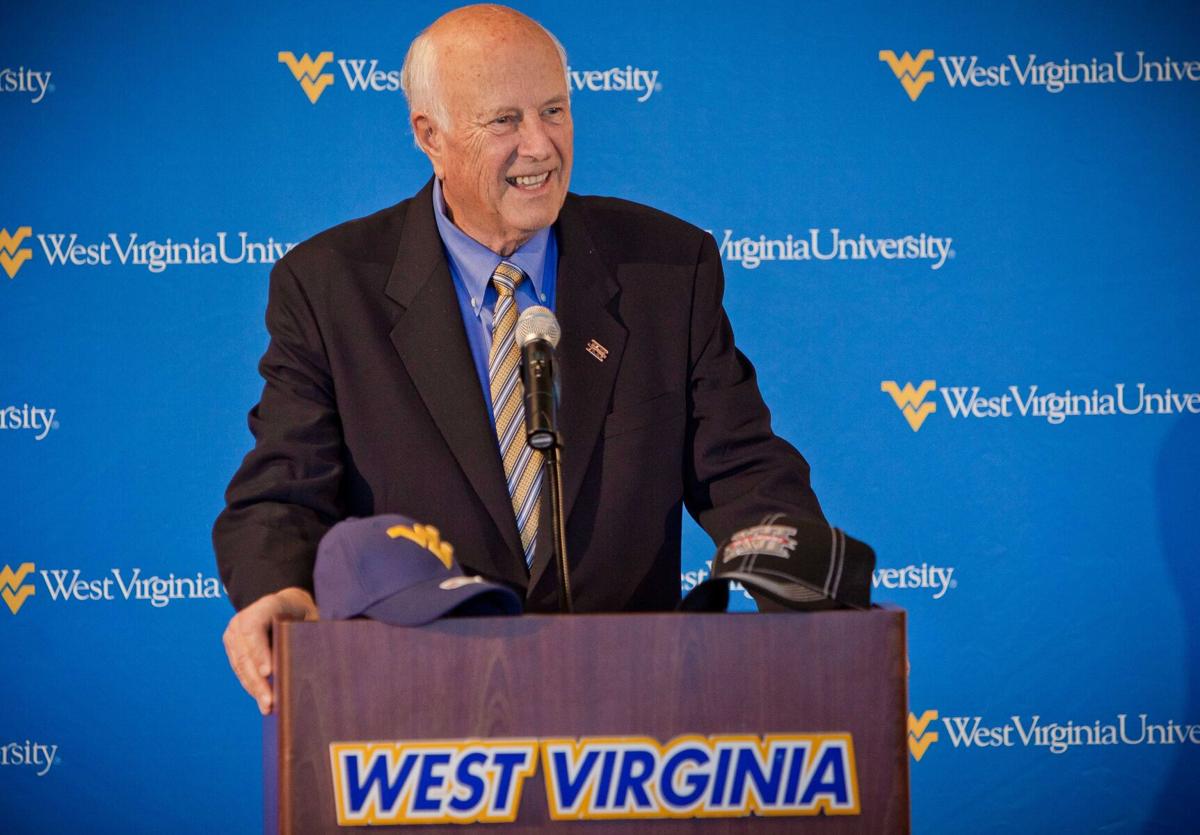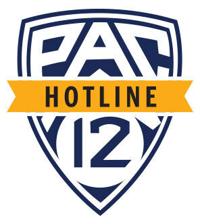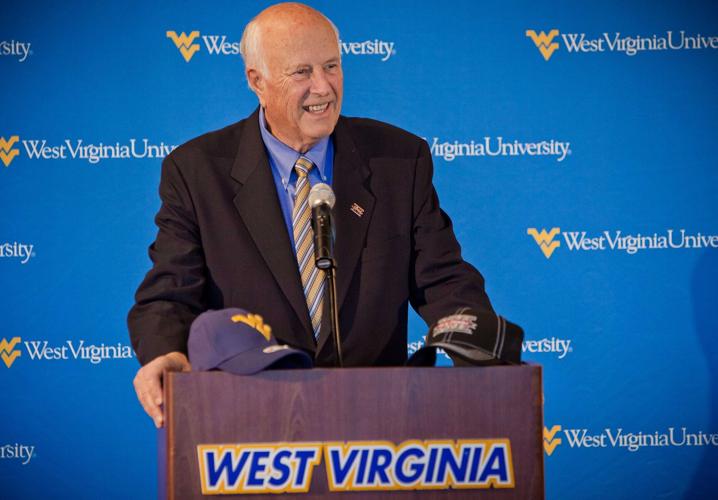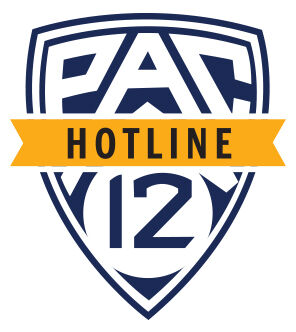Not only has Chuck Neinas seen everything in college sports five times over, he’s partly responsible.
As the executive director of the College Football Association (CFA) in the 1980s, Neinas helped push Georgia and Oklahoma to sue the NCAA over its monopoly on television contracts.
The subsequent victory, courtesy of the groundbreaking 1984 Supreme Court decision, gave conferences the right to negotiate their own media deals — the very same media deals that have fueled subsequent realignment decisions.
For insight into the Pac-12’s state of disruption, the Pac-12 Hotline reached out to one of the original disruptors.
After all, Neinas also served as the Big 12’s interim commissioner in 2011-12 during the tumultuous stretch in which Nebraska, Colorado and Texas A&M left the conference.
People are also reading…
Specifically, we asked if any lessons from his experience might be applicable to the Pac-12 in the aftermath of USC and UCLA bolting for the Big Ten.
“You have to develop what you have,” said Neinas, who is retired and living in Colorado.
Then he jumped ahead by a decade and focused on last summer, when Texas and Oklahoma announced their moves to the SEC.
“The thing that impressed me about the Big 12 was that it took a big blow,” he said. “Everything was going wrong. But they got the four best remaining teams (BYU, UCF, Houston and Cincinnati) to turn it into a positive.
“Now, my friends tell me there’s more excitement (about the future) than they have seen in years, for two reasons: Oklahoma won so much, and Texas will not be missed in the meeting room.”
Because it was plundered 12 months later — and because of the relative paucity of FBS programs in the western third of the country — the Pac-12 doesn’t possess as many quality expansion options as the Big 12 had last summer.
“I’d like to see them get San Diego State,” Neinas said. “That gives them a footprint in Southern California.”
During his stint as interim commissioner of the Big 12, Neinas headed the expansion effort that secured TCU and West Virginia. He also worked with former SEC commissioner Mike Slive to partner on a postseason bowl matchup — a move that became the current Sugar Bowl arrangement.
When the topic turned to the college football landscape and possible movement of Pac-12 schools into the Big 12, Neinas offered a contrarian view.
“The amount of media revenue they will receive is very similar, so why leave? Why would it be attractive for the Pac-12 schools to go to the Big 12? Both will stay as they are,” said Neinas, who also ran the Big Eight conference in the 1970s.
“If something happens to Oregon or Washington, that could change the picture.”
The greatest threat to the Pac-12’s future isn’t the Big 12 but the Big Ten, which could add a handful of West Coast schools to create travel partners for USC and UCLA.

Washington, Oregon, Stanford and Cal all meet the Big Ten’s academic bar, offer broad-based athletic programs and bring either large media markets or national followings.
But there is no indication another raid is weeks or months away — it could be years before the Big Ten makes another move.
Meanwhile, the Pac-12 is in the middle of negotiating a new media rights contract. Sometime this fall, the schools will be asked to sign up — or skedaddle.
“Oregon and Washington have to wait to be invited (to the Big Ten),” Neinas said, “and I don’t think that will happen.”
Instead, he sees the Big Ten eyeing other regions.
“The Big Ten is not expanding west,’’ he said. “It will try to increase its footprint more to the south.
“They have established a stake on the West Coast, and they have made no secret of the fact they want to go to 20 (teams). I think they will look more south and east.”
The ACC’s grant-of-rights-agreement complicates any attempted raid by the Big Ten or SEC, unless enough schools favor dissolution of the deal.
“(Former Big Ten commissioner Jim Delany) was interested in North Carolina,” Neinas said. “He also talked about Georgia Tech.”
What about Notre Dame as a Big Ten member?
“If Notre Dame gets what it wants from TV (contracts),” Neinas said, “it will remain Independent.”










